Recovery gear: What tech truly optimizes sleep for peak daily performance?
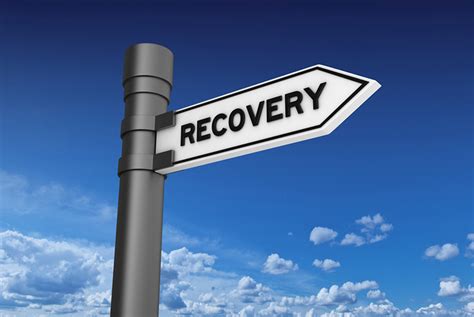
The Critical Link Between Sleep and Daily Performance
In our increasingly demanding world, the pursuit of peak daily performance has driven many to explore various biohacks and optimization strategies. Yet, one fundamental pillar often remains underestimated: sleep. Far from mere rest, quality sleep is a complex biological process vital for cognitive function, emotional regulation, physical recovery, and overall well-being. Without it, our ability to focus, solve problems, manage stress, and even perform physically diminishes significantly. This realization has fueled a boom in sleep technology, promising to transform our nightly routines into a science-backed journey towards optimal health.
Understanding the Science of Sleep Optimization
Optimizing sleep isn’t just about getting enough hours; it’s about the quality of those hours. Deep sleep and REM sleep cycles are crucial for everything from memory consolidation to muscle repair. Modern sleep tech aims to monitor, analyze, and even actively influence these cycles, helping users understand their unique sleep patterns and identify areas for improvement. From environmental controls to biofeedback, these tools leverage data and innovation to guide us towards more restorative slumber.
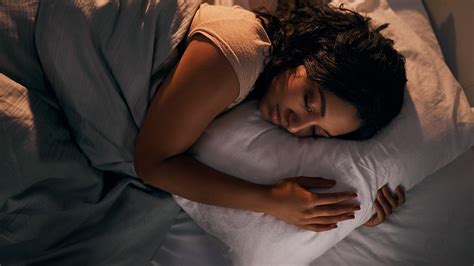
Top Tech Categories for Enhancing Your Sleep
Smart Wearables and Sleep Trackers
These are perhaps the most common entry points into sleep optimization. Devices like smart rings, wristbands, and under-mattress sensors track a wealth of data: heart rate variability, sleep stages (light, deep, REM), respiration, body temperature, and movement. By providing personalized insights and readiness scores, they empower users to make informed decisions about their daily activities and bedtime routines. While not always perfectly accurate, the trends and patterns they reveal are invaluable for understanding how various lifestyle factors impact sleep.
Advanced Sleep Environments: Smart Mattresses and Pillows
Beyond tracking, some technologies actively adjust your sleeping environment. Smart mattresses can dynamically change firmness, temperature, and even offer smart alarms that wake you during an optimal sleep stage. Similarly, smart pillows can monitor head position, play soothing sounds, or gently vibrate to encourage better breathing. These systems aim to create the ideal microclimate and physical support for uninterrupted, high-quality sleep.
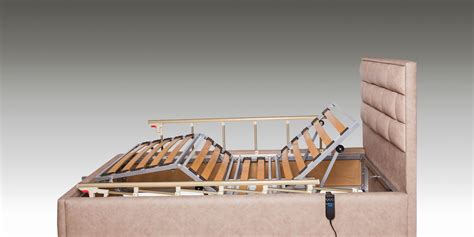
Light Therapy and Circadian Rhythm Regulation
Light is the most powerful regulator of our circadian rhythm, the body’s internal clock. Specialized dawn simulators and smart lights can mimic natural sunrise, gently waking you up without the jarring alarm. Conversely, red-light therapy devices and blue-light-blocking glasses can help signal to your body that it’s time to wind down, protecting melatonin production and easing the transition to sleep. Managing light exposure is a simple yet profound way to optimize your sleep-wake cycle.
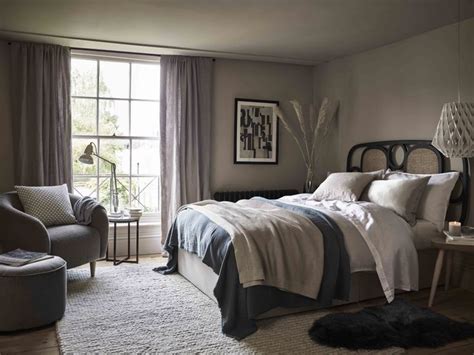
Sound Machines and Noise-Masking Devices
Environmental noise is a common culprit for disrupted sleep. High-fidelity sound machines offer a range of soothing sounds, from white noise to nature soundscapes, designed to mask disturbances and promote relaxation. Advanced devices can even adapt to your environment, creating a personalized sound cocoon. For those with partners, ‘sleep earbuds’ or intelligent noise-masking headbands can provide an individual audio experience without disturbing others.
![🔥 [0+] White Wallpapers Backgrounds | WallpaperSafari](/images/aHR0cHM6Ly90czQubW0uYmluZy5uZXQvdGg/aWQ9T0lQLmVjMUJKSEFTdUtSc2dCRE9hdzRDX2dIYUVLJnBpZD0xNS4x.webp)
Temperature Regulation Systems
Our core body temperature naturally dips as we prepare for sleep and rises before waking. Maintaining an optimal sleep temperature is crucial. Devices like smart mattress pads and cooling blankets use active temperature control to keep your bed at the perfect warmth (or coolness) throughout the night, significantly improving sleep comfort and quality. These systems are particularly beneficial for those who struggle with overheating or cold feet.
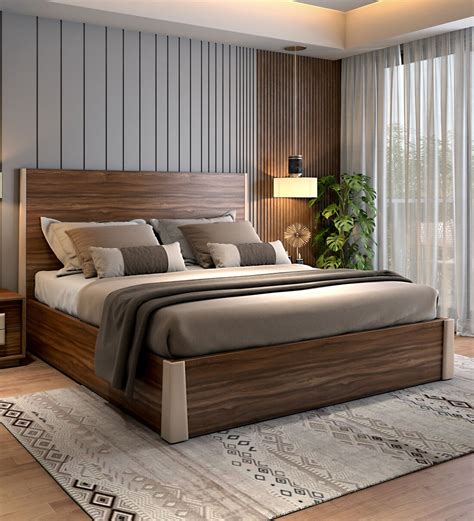
Choosing Your Sleep Optimization Arsenal
With a dizzying array of options, selecting the right recovery gear requires understanding your specific sleep challenges and budget. Start by identifying your primary pain points: Is it falling asleep, staying asleep, or understanding why you feel tired even after a full night? A sleep tracker can provide baseline data, while environmental controls or light therapy might address specific comfort or circadian rhythm issues. Remember, no single piece of tech is a magic bullet; the most effective approach often involves a combination of tools integrated into a holistic sleep hygiene routine.
The Future of Sleep for Peak Performance
As technology advances, we can expect even more personalized and proactive sleep solutions. AI-driven insights, non-invasive biofeedback, and seamless integration across devices will make sleep optimization an even more intuitive and effective part of our daily lives. Investing in quality sleep tech isn’t just an indulgence; it’s a strategic move towards unlocking sustained daily performance, enhanced well-being, and a healthier, more productive future.






